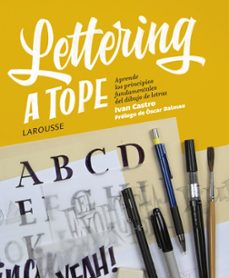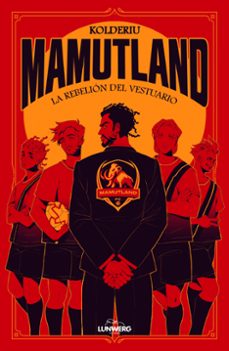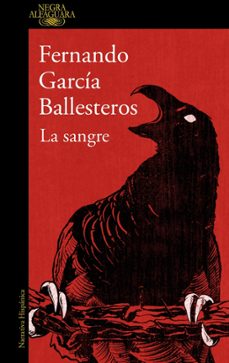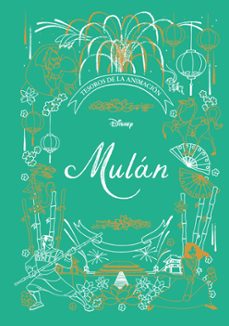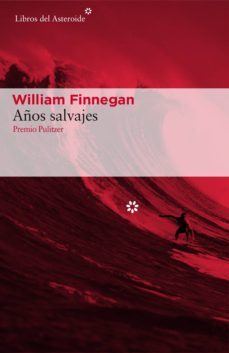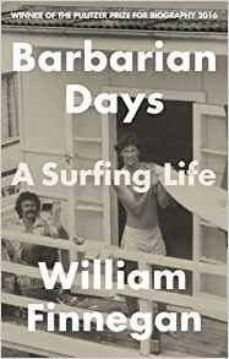Imprescindibles
Más vendidos Libros más leídos eBooks más leídos Todos los libros Todos los libros Autores destacados Series y sagas
Recomendados Libros recomendados Autores destacados Libros que inspiran Vidas con historia LGTBIQ+ English books
Ficción
Literatura Contemporánea Estudios literarios Clásicos Cuentos Poesía Teatro Libros de bolsillo Sagas literarias
Géneros literarios Novela romántica y erótica Novela negra Novela histórica Narrativa fantástica Novela de ciencia ficción Novela de terror Narrativa de humor Narrativa de viajes
No Ficción
Ciencias y tecnología Biología Ciencias Ciencias naturales Divulgación científica Informática Ingeniería Matemáticas Medicina Salud y dietas Formación Idiomas Estilo de vida Libros de Cocina Guías de viaje Narrativa de viajes Deportes Libros de Juegos Manualidades
Humanidades Autoayuda y espiritualidad Ciencias humanas Derecho Economía y Empresa Psicología y Pedagogía Filosofía Sociología Filología Biblioteconomía Estudios filológicos Estudios lingüísticos Estudios literarios Historia y crítica de la Literatura
Infantil
Juvenil
#Jóvenes lectores Narrativa juvenil Clásicos adaptados Libros Wattpad Libros Booktok Libros de influencers Libros de Youtubers Libros Spicy Juveniles Libros LGTBIQ+ Temas sociales Libros ciencia ficción Libros de acción y aventura Cómic y Manga Juvenil Cómic Juvenil Manga Shonen Manga Shojo Autores destacados Jennifer L. Armentrout Eloy Moreno Nerea Llanes Hannah Nicole Maehrer
Libros de fantasía Cozy Fantasy Dark academia Hadas y Fae Romantasy Royal Fantasy Urban Fantasy Vampiros y hombres lobo Otros Misterio y terror Cozy mistery Policiaca Spooky Terror Thriller y suspense Otros
Libros románticos y de amor Dark Romance Clean Romance Cowboy Romance Mafia y amor Romance dramatico Romcom Sport Romance Otros Clichés Enemies to Lovers Friends to Lovers Hermanastros Slow Burn Fake Dating Triángulo amoroso
Cómic y Manga
Novela gráfica Novela gráfica americana Novela gráfica europea Novela gráfica de otros países Personajes, series y sagas Series y sagas Star Wars Superhéroes Cómics DC Cómics Marvel Cómics otros superhéroes Cómics Valiant
Audiolibros
eBooks
Literatura Contemporánea Narrativa fantástica Novela de ciencia ficción Novela de terror Novela histórica Novela negra Novela romántica y erótica Juvenil Más de 13 años Más de 15 años Infantil eBooks infantiles
Humanidades Autoayuda y espiritualidad Ciencias humanas Economía y Empresa Psicología y Pedagogía Filosofía Historia Historia de España Historia Universal Arte Cine Música Historia del arte
Ciencia y tecnología Ciencias naturales Divulgación científica Medicina Salud y dietas Filología Estudios lingüísticos Estudios literarios Historia y crítica de la Literatura Estilo de vida Cocina Guías de viaje Ocio y deportes
William Finnegan
William Finnegan (Nueva York, 1952) es escritor y periodista. Staff writer de la revistaThe New Yorker desde 1987, ha escrito sobre temas tan diversos como el apartheid, la guerra de los Balcanes, política latinoamericana, la pobreza en EE. UU. o el surf. Sus artículos y reportajes han recibido diversos premios y distinciones. Es autor de cinco libros:Crossing the Line (1986),Dateline Soweto (1988),A Complicated War (1992),Cold New World: Growing Up in a Harder Country (1998) yAños salvajes (2015, galardonado con el Premio Pulitzer de biografía 2016).
Recibe novedades de WILLIAM FINNEGAN directamente en tu email
Filtros
Del 1 al 3 de 3
Libros del Asteroide S.L.U. 9788416213887
Años salvajes nos habla de una obsesión, la de William Finnegan con el
surf. Finnegan comenzó a hacer surf de pequeño en Hawái y California. Enlos años setenta, tras finalizar sus estudios universita
Ver más
Tapa blanda
CORSAIR 9781472151414
Barbarian Days is William Finnegan's memoir of an obsession, a complex enchantment. Surfing only looks like a sport. To initiates, it is something else entirely: a beautiful addiction, a demanding course of study, a morally dangerous pastime, a way of life. Raised in California and Hawaii, Finnegan started surfing as a child. He has chased waves all over the world, wandering for years through the South Pacific, Australia, Asia, Africa. A bookish boy, and then an excessively adventurous young man, he went on to become a distinguished writer and war reporter. Barbarian Days takes us deep into unfamiliar worlds, some of them right under our noses—off the coasts of New York and San Francisco. It immerses the reader in the edgy camaraderie of close male friendships annealed in challenging waves.Finnegan shares stories of life in a whites only gang in a tough school in Honolulu even while his closest friend was a Hawaiian surfer. He shows us a world turned upside down for kids and adults alike by the social upheavals of the 1960s. He details the intricacies of famous waves and his own apprenticeships to them. Youthful folly—he drops LSD while riding huge Honolua Bay, on Maui—is served up with rueful humor. He and a buddy, their knapsacks crammed with reef charts, bushwhack through Polynesia. They discover, while camping on an uninhabited island in Fiji, one of the world's greatest waves. As Finnegan's travels take him ever farther afield, he becomes an improbable anthropologist: unpicking the picturesque simplicity of a Samoan fishing village, dissecting the sexual politics of Tongan interactions with Americans and Japanese, navigating the Indonesian black market while nearly succumbing to malaria. Throughout, he surfs, carrying readers with him on rides of harrowing, unprecedented lucidity.
Ver más
Bolsillo
ED. DU SOUS-SOL 9782364681811
Le surf ressemble a Un sport, un passe-temps. Pour ses initiés, c'est bien plus : une addiction merveilleuse, une initiation exigeante, un art de vivre. Élevé en Californie et a Hawaï, William Finnegan a commencé le surf enfant. Après l'université, il a traqué les vagues aux quatre coins du monde, errant des îles Fidji a l'Indonésie, des plages bondées de Los Angeles aux déserts australiens, des townships de Johannesburg aux falaises de l'île de Madère. D'un gamin aventureux, passionné de littérature, il devint un écrivain, un reporter de guerre pour le New Yorker. À travers ses mémoires, il dépeint une vie a contre-courant, a la recherche d'une autre voie, au-dela des canons de la réussite, de l'argent et du carriérisme ; et avec une infinie pudeur se dessine le portrait d'un homme qui aura trouvé dans son rapport a l'océan une échappatoire au monde et une source constante d'émerveillement. Ode a l'enfance, a l'amitié et a la famille, Jours Barbares formule une éthique de vie, entre le paradis et l'enfer des vagues, où l'océan apparaît toujours comme un purgatoire. Un livre rare dont on ne ressort pas tout a fait indemne, entre Hell's Angels de Hunter S. Thompson et Into The Wild de Jon Krakauer.
Ver más
Tapa blanda
Del 1 al 3 de 3

